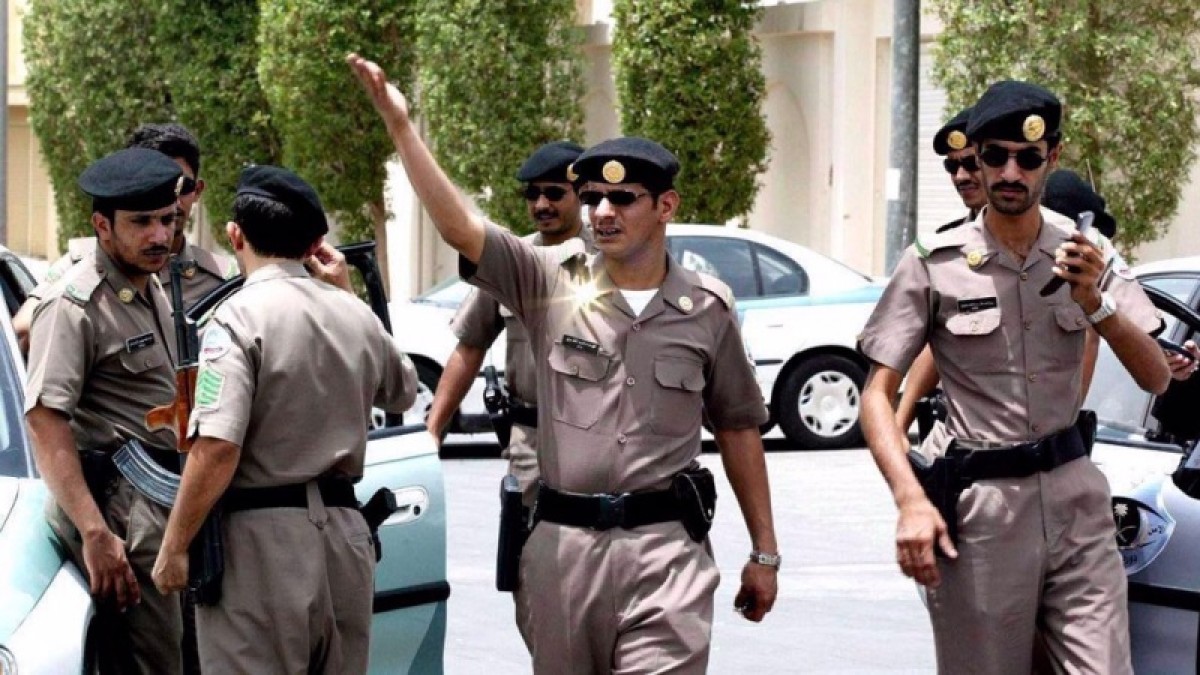 249
249
A thousand executions in 7 years, extensive use of torture even against minors, no transparency in trials, serious violations against women and foreigners: the picture of human rights in Saudi Arabia, a close ally of Western countries, is extremely bleak.
Since the rise to power of the crown prince, now also prime minister, Mohammed bin Salman, Riyadh has “almost doubled” executions. This is what emerges from the report recently published by the activist group Reprieve, an English NGO that deals with human rights, which also criticizes Saudi Arabia’s allies because they are “incapable” of limiting the use of the executioner and the practice of executions mass.
Since 2015, the use of capital punishment has doubled, with over 1,000 people executed in seven years and confirming a trend that emerged from the rise of the kingdom’s number two after King Salman. According to data recorded by Reprieve and Esohr (European Saudi Organization for Human Rights), from 2010 to 2014 there were an average of 70.8 executions per year in Saudi Arabia.
From 2015 – when the Crown Prince became the de facto ruler of the kingdom – to 2022, there were an average of 129.5 executions per year, an 82% increase on the previous period. At the same time, the authors of the study denounce the degree of deep secrecy maintained by the kingdom around the trials and the use of the death penalty, citing the case of the 81 people executed during a mass execution on March 12, 2022.
On the one hand, the activist groups explain, it was the third case of group murders perpetrated under bin Salman and, on the other, only 12 convictions, out of 81 of those executed, were documented by the records of the courtroom hearings. “The remaining 69 men – says Esohr – were tried, convicted and executed in total secrecy” and the total number of executions could be “far underestimated”.
Reprieve and Esohr add that since 2013 at least 15 minors have been executed when the crime was charged. Of these, 11 after Mohammed bin Salman came to power. The report also documents how Riyadh has used the death penalty in a widespread and “disproportionate” way against non-Saudis and women: in fact, around 75% of the women killed by the Saudi state between 2010 and 2021 were foreigners (mostly Kenyans and Ethiopians) and of these about 56% were domestic workers employed in the homes of wealthy Saudis.
Finally, the study of the data shows that the death penalty is routinely used to silence dissidents and protesters, in violation of international law: according to which the use of the death penalty is admissible – although execrable – only for the most serious. In prisons, the practice of resorting to torture appears to be “endemic” even for underage defendants.
Comment
Post a comment for this article